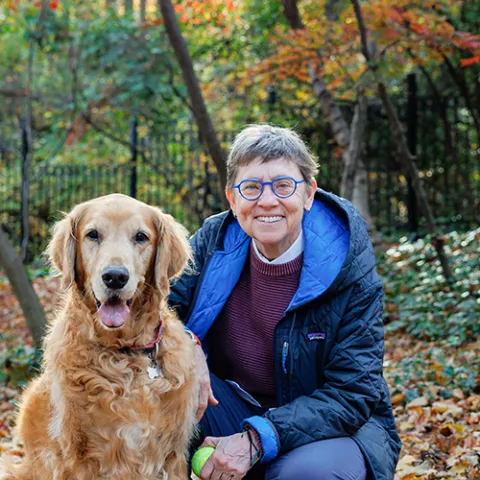The Daniel L. and Irma Evans Endowed Lectureship provides an opportunity to deepen the understanding of engineering by exposing students and practicing engineers to the concepts, challenges, concerns and methods they will interact with throughout their careers.
Dan, Roger and Robert Evans established the endowed lecture in 1983 to memorialize and honor the human and broad societal outlook of their parents.
2026 lecture
Thursday, April 23 | 3:30 p.m. | Alder Hall Auditorium
Reception with light food and drinks to follow in Alder Hall Commons.
The lecture will be in-person, and a recording will be available online following the event.
This lecture is open to the public. Prior registration is encouraged but not required.

Featuring Dr. Deb Niemeier
Clark Distinguished Chair in Energy and Sustainability and Professor, University of Maryland
About the speaker
Deb Niemeier is the Clark Distinguished Chair in Energy and Sustainability and a professor at the University of Maryland. Her research examines how the built environment — including housing, transportation and public services — shapes who is most exposed to air pollution, flooding and other climate-related risks, with a focus on environmental health disparities. She is a fellow of the American Association for the Advancement of Science and has been recognized for her work at the intersection of infrastructure, public health and equity, including election to the National Academy of Engineering.
View past lecturers